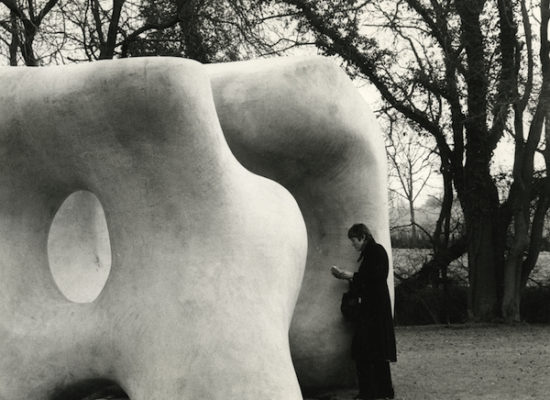André Kertész’s black and white compositions have long been widely celebrated as seminal in the history of photography. Now, the forthcoming exhibition “André Kertész in Europe” will give viewers a unique chance to discover a lesser known side of the iconic photographer: his penetrating portraits of artists in their studios.
Born in Budapest, Hungary, in 1894, Kertész emigrated to Paris in 1925, where he cut his teeth as a photographer and frequented the Dadaist and Cubist circles. To escape the persecution of Jews in Europe and the threat of World War II, he subsequently moved to New York in 1936.
But Kertész managed to make regular trips back to Europe, and during those he shot many luminaries of the avant-garde, including Henry Moore and Piet Mondrian.
The exhibition, which opens at James Hyman Gallery in London next month, will bring together thirty of those portraits, ranging in price from £3,000 to £50,000 ($4,469-74,496).
Despite achieving fame for his photo essays and reportages—which are said to have influenced Brassaï and Henri Cartier-Bresson—Kertész’s deep love for visual and experimental art never waned.
This is particularly evident in a series taken at the studio of Henry Moore during a trip to England in 1980. Kertész captured several works in progress, as well as the sculptor’s shadow, hovering in space like a supernatural presence.
See some of the exhibition’s highlights in the slideshow above.
“André Kertész in Europe” will be on view James Hyman Gallery, 16 Savile Row, London, from May 13– June 13.
